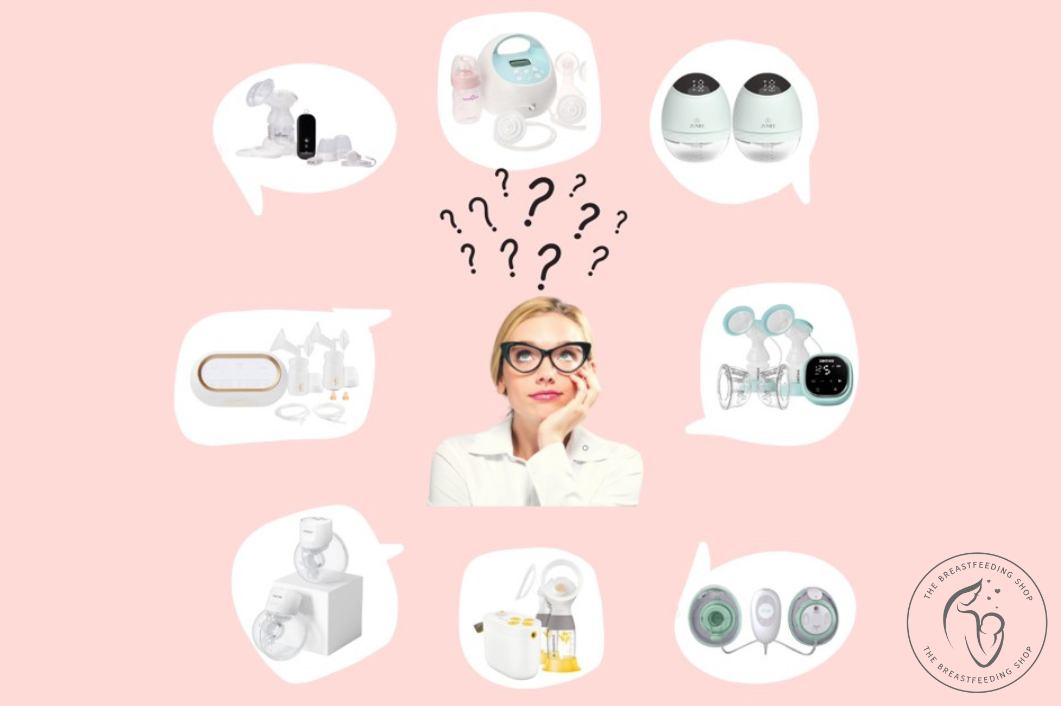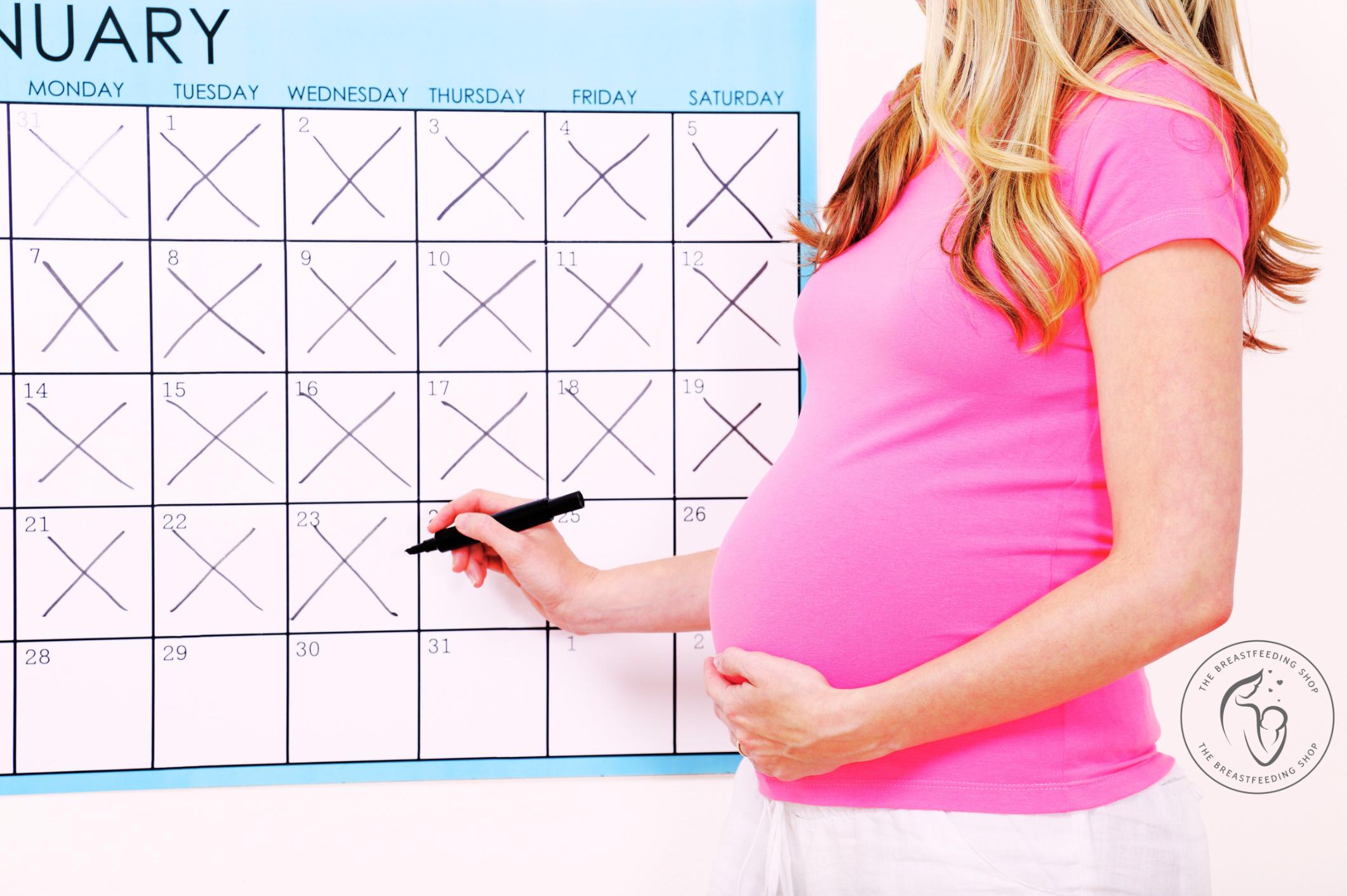If it’s your first pregnancy, you may be wondering how quickly your body will resume its menstrual cycle. You just went 9 months without your period and while your body is still recovering from growing and birthing a human, you may find that it may not return right away – especially if you’re breastfeeding.
Despite soon resuming your cycle, your body will also dispose of uterine tissue and blood that you no longer need while you were pregnant. It’s called lochia, and it is similar to a period in color and density. It is important to monitor your blood loss and additional symptoms to make sure you are not experiencing any complications like a hemorrhage.
Your uterus also starts to contract back down to its usual size. These cramps can feel like you’re cycle is resuming, but it is just a further symptom of lochia. After lochia ends, your cycle will start to resume. However, if you’re breastfeeding, you may still see a delay in your cycle.
Most mothers experience their first period between 2-12 weeks after pregnancy. Exclusively breastfeeding moms tend to not get their period until after they wean their baby or when they start to introduce food or other forms of milk. Because your body’s prolactin hormone is increased while breastfeeding, your estrogen and progesterone are decreased. These hormones regulate your cycle and while they’re lower, your cycle may not resume.
If your period does return while breastfeeding, you may find that it is irregular because of the decrease in estrogen. These irregularities are no cause for concern, but always get in touch with your medical provider with any questions or notice any major irregularities such as excessive bleeding, large clots, or pain. Keep in mind that as your period returns, your milk supply can be affected. Our lactation consultants can help you come up with a plan to increase your supply in other ways and remedy any sore or painful breastfeeding moments. You can also pump instead of breastfeeding your baby to alleviate the pain.
While on your period, your breastmilk may have a different taste and your baby may not want to feed. Milk becomes more salty than sweet due to the increase in sodium and chloride levels. Your baby can become fussier, not want to feed, or refuse to nurse during this time but will return to normal at the end of your cycle.
While breastfeeding can delay ovulation, it should not be relied on as natural birth control. As always, every body is different. Talk with your doctor about any menstrual concerns after pregnancy or make an appointment with our lactation consultants to discuss how breastfeeding can affect your body.




